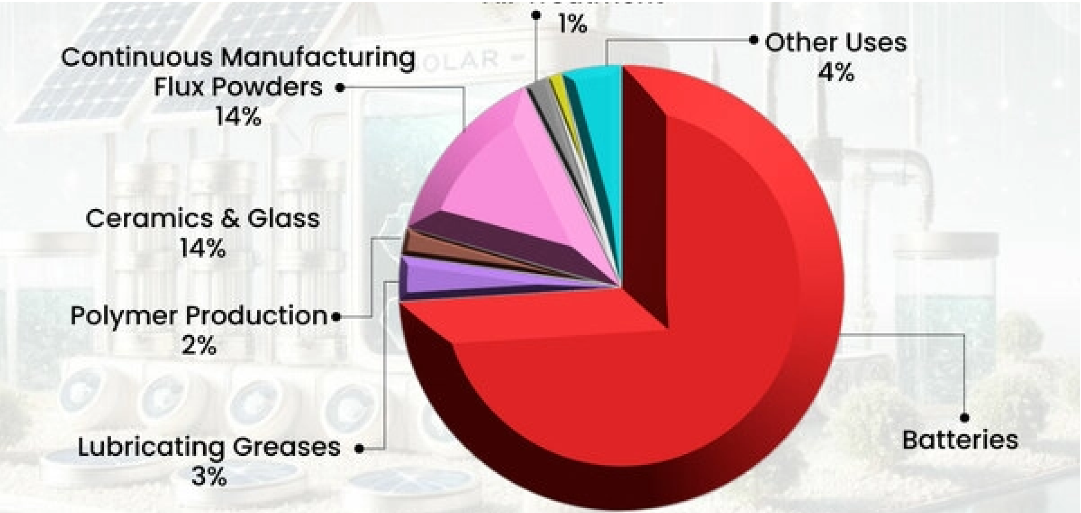Incorporation of Intelligent Automation across Submersible Pumps Facilitates the Overall Run Life
Submersible pumps are widely used pumps that are completely submerged in water or liquid that needs to be pumped. They are used for various pumping applications like Agriculture & Irrigation, Construction, Oil & Gas, and mining. They are an effective and reliable artificial-lift method used to lift moderate or high volumes of fluids to surface from wellbores. Submersible pumps are an important mechanisms of oil production equipment. Around 60 percent of global oil production is produced using the artificial lift technique in which more than 20 percent of the pumps used are Electric Submersible Pumps (ESPs). ESPs are extensively used to increase the output of offshore oil wells. They have a high failure rate particularly in deep-sea oil wells, as they work under complex and variable environmental structures and conditions. The failure of an ESP system not only affects the regular production but also involves huge economic losses. Corrosion and scale are two of the most common reasons for ESP failures faced by producers today. The root cause of more than 20% of ESP failures is ineffective production chemical treatment is increasing workover cost and production loss. Management of corrosion and scale through chemical injection with inhibitors is highly effective in protecting the production systems. But the risk monitoring and chemical performance in chemical treatment programs, are usually done manually which delays in taking preventive actions. This challenges the alignment of chemical treatment with the varying well conditions.
Manufacturers operating in the submersible pumps market are taking initiative to increase the pumps run life and reduce ESP failures with the help of intelligent automation systems & monitoring tools. This can be exemplified by SLB’s (Schlumberger) fully integrated, open digital solution “DELFI” for monitoring, analysis, and autonomous chemical injection to increase ESP uptime. Production systems are dynamic by nature, with constantly fluctuating conditions. Chemical injection systems for ESPs must be continually adjusted to these constantly fluctuating conditions in Production systems. DELFI performs as a fully autonomous solution to confirm minimal time between insights and actions and the constant optimization of chemical injection. It provides effective and efficient corrosion and scale management to prevent ESP damage and the production delays. Production Chemicals Optimization of DELFI controls edge intelligence with Agora edge AI and IoT solutions and implements physics-based models using real-time data to monitor continuously changing well conditions and their effect on corrosion and scale risk for eventually avoiding the incidence of well failures. Intelligent monitoring, automation, real-time data reporting and certain chemical innovation programs are helping the oil and gas industry to overcome the ESP failure challenges by identifying abnormal ESP performance.
